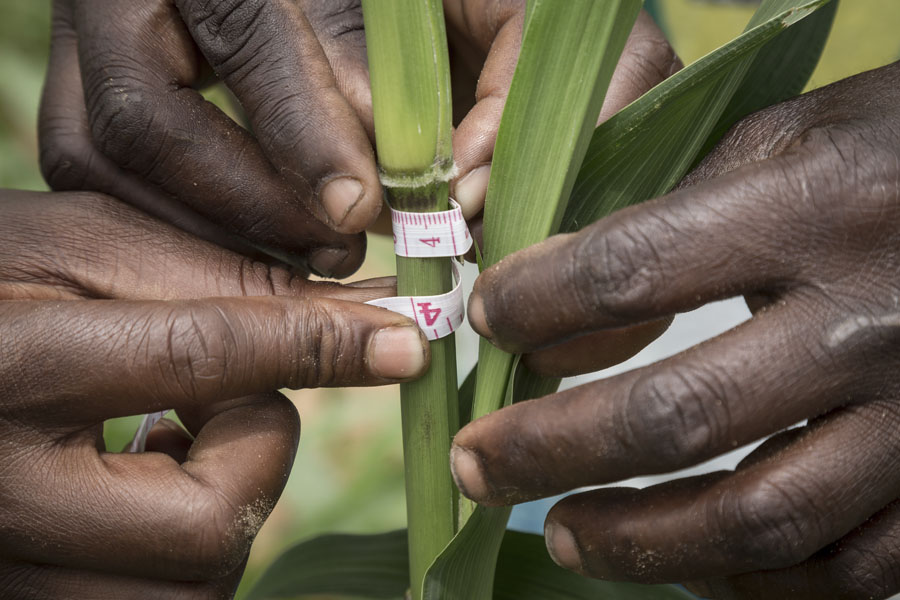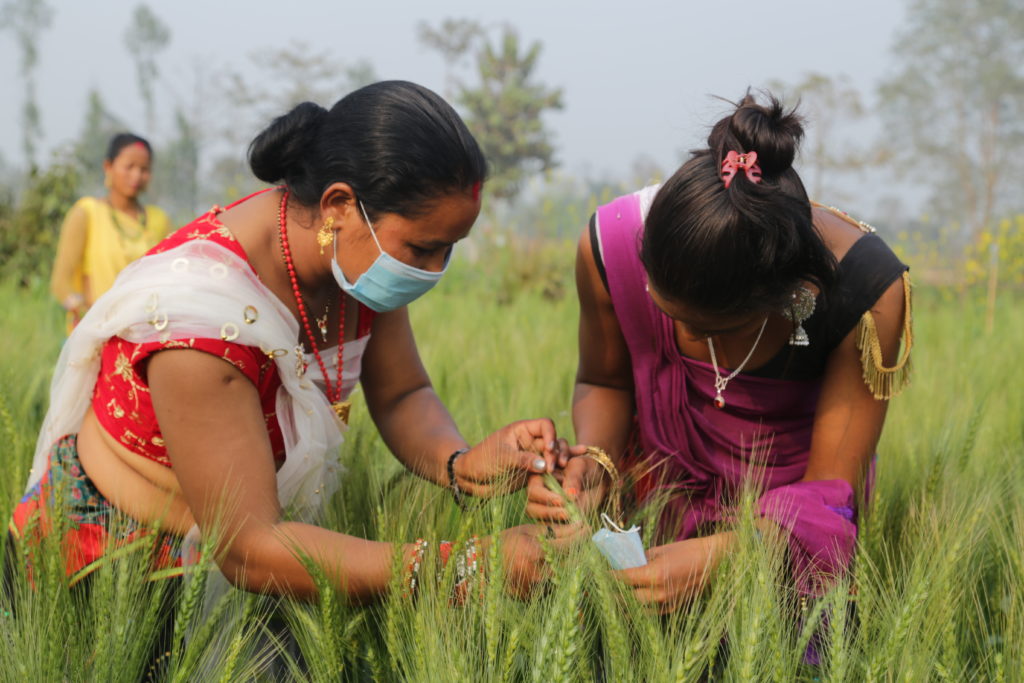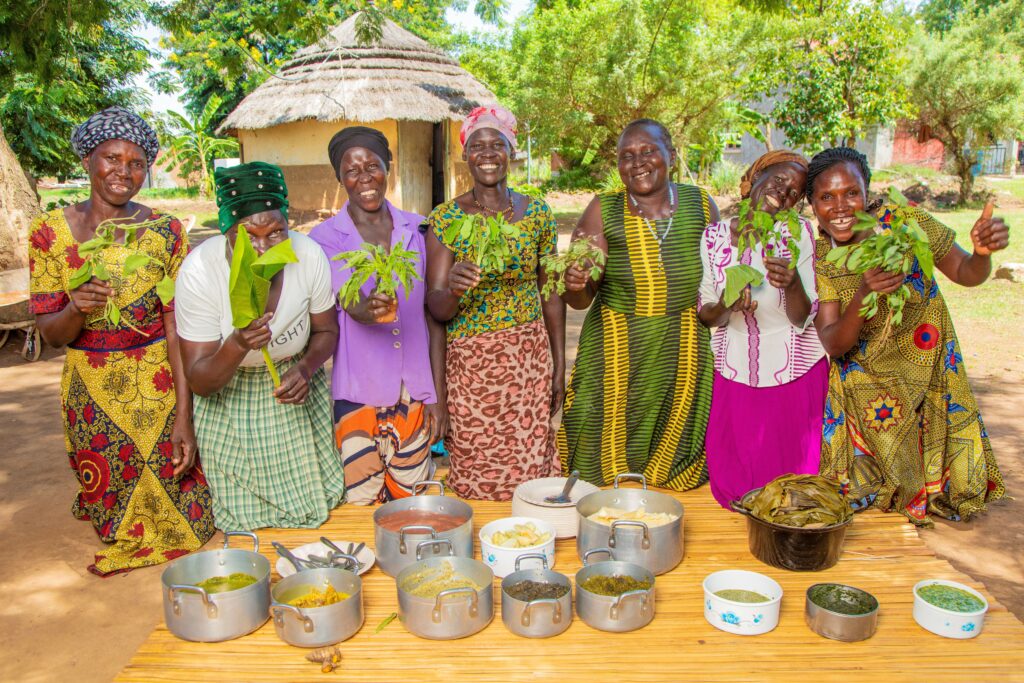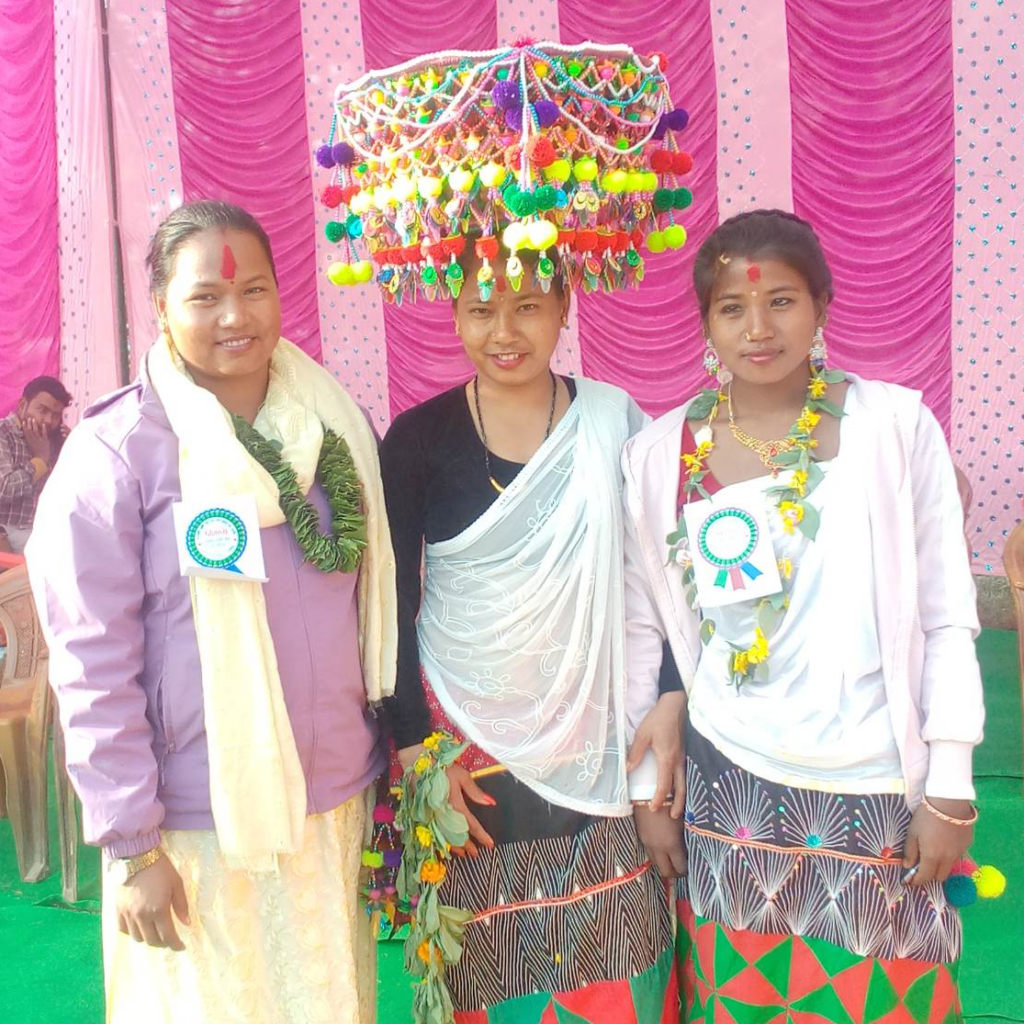On the 2nd of December, Oxfam Novib held the concluding workshop in a series of three on ‘Innovating plant breeding: Bringing farmers to the table’. Researchers, policy makers, farmers and funders discussed how increasing the involvement of farmers in crop development and seed diffusion can contribute to sustained global food and nutrition security. Participants presented several novel initiatives with the intention of forging new partnerships and coalitions.
For Oxfam Novib, placing the voices of smallholder farmers and indigenous peoples center stage in agricultural policies and research is a matter of basic human rights: the people whose lives are most affected by climate change and biodiversity loss must have a voice in the policies that seek to address those challenges. Just as important, farmers contribute critical knowledge about diverse and vibrant seed systems, no solution to climate change and biodiversity loss is complete without them.
The workshop series provided a much-needed space to explore linkages between initiatives that strengthen farmers’ engagement in crop variety and seed system development and innovation. The diversity of institutions presented fertile ground for creative ways of complementing each other’s knowledge and efforts. Several initiatives were discussed: on plant breeding and seed production and marketing, but also in connecting such work to gene bank collections, university curricula, and policy dialogues.
“There are many initiatives out there, we must ask how to bring their knowledge together to create a movement. There is not just one system or just one approach, and that diversity is a richness.”
Some initiatives work with private sector partners while others opt for strategic influencing in political arenas. Participants were eager to create explicit and strong links between projects including an array of actors, knowledge, strategies, and geographies. By weaving these initiatives together, a comprehensive alternative model may be built that addresses many of the gaps left unaddressed by more mainstream approaches to crop improvement. Including the needs of many smallholder and indigenous farmers. Participants voiced how important and rare it is to have a space for conversations and reflected on the strides made and maturity achieved in the agrobiodiversity sector.
“The fact that there are so many projects evidences the success we achieved, a lot of our efforts have been mainstreamed. I hope we continue to meet as we do not have many meeting spaces.”
We are confident this begins a longer-term process of ‘bringing farmers to the table’ by ensuring their engagement in future project design and implementation. Oxfam Novib wants to contribute to this process by creating new spaces where stakeholders can exchange and create ideas for farmers and researchers to join hands.
If interested, please approach frederik.vanoudenhoven@oxfamnovib.nl or anita.dohar@oxfamnovib.nl.









